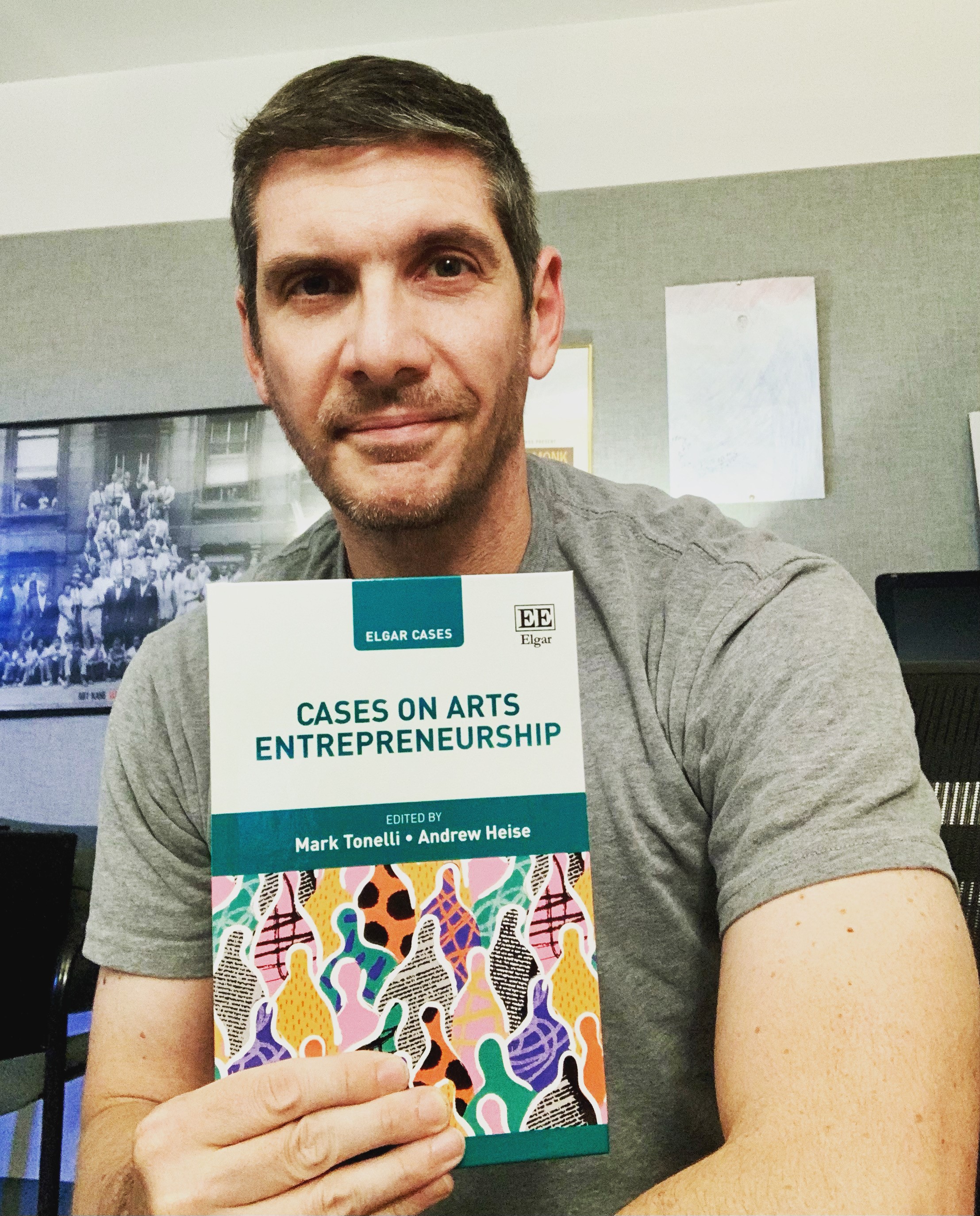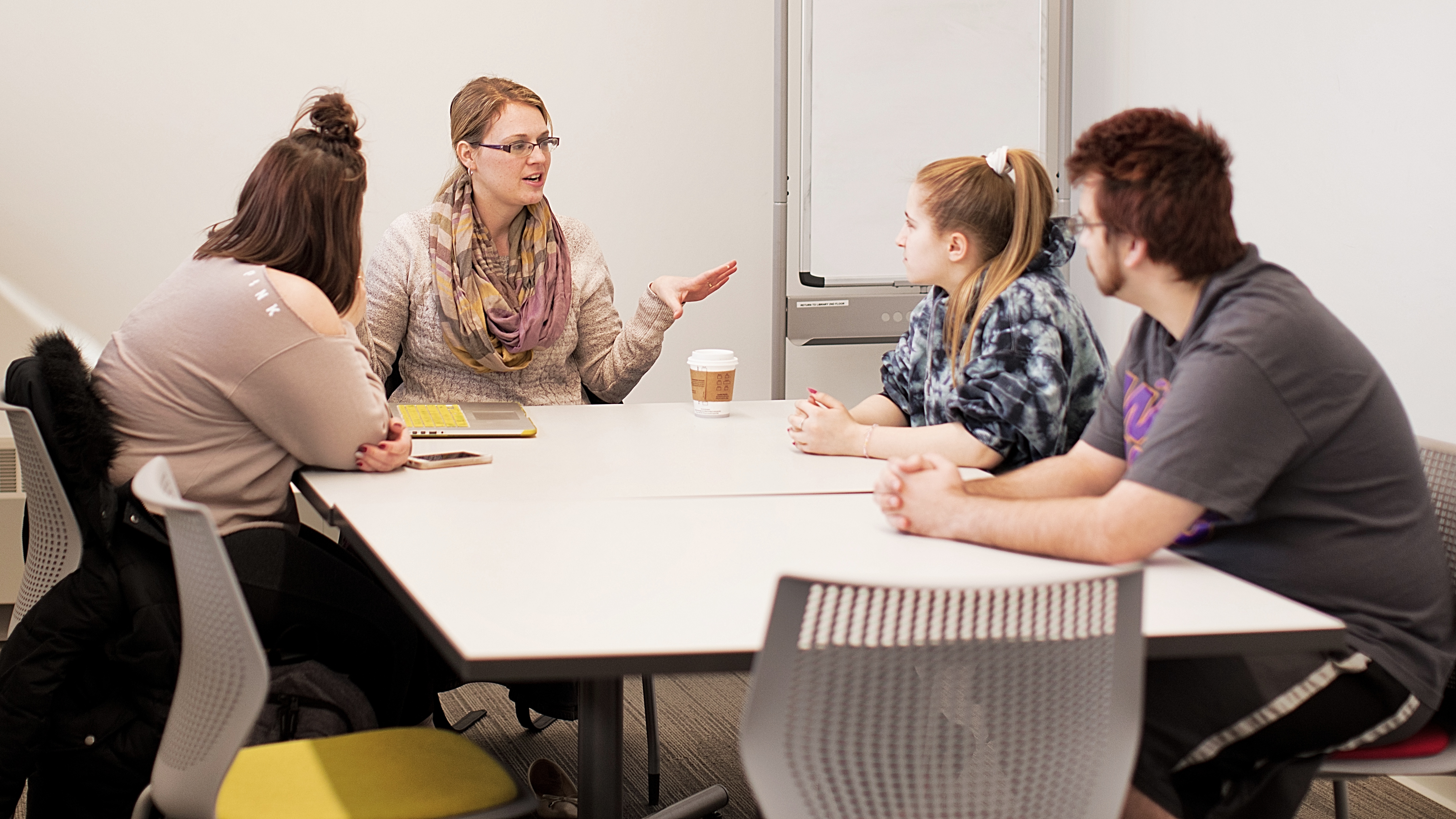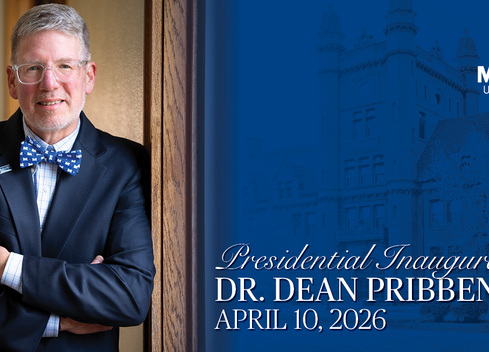DECATUR, Ill. – While creating his latest edited volume, Millikin School of Music Associate Professor Dr. Mark Tonelli brought his contributing authors out of their comfort zones.
Mark’s latest work – “Cases on Arts Entrepreneurship” – was published by Edward Elgar Publishing in April and brings together a collection of case studies looking at the success (and sometimes the challenges) of arts entrepreneurship.
The volume posits how entrepreneurial thinking can be applied to ventures in the arts, effectively merging the worlds of business and the arts? Case studies are commonplace in the business world, but for Tonelli’s contributors -- including Millikin Director & Associate Professor of the School of Art & Creative Media Jessa Wilcoxen -- looking at arts entrepreneurship through that lens was something new.

“Case studies are a snapshot of a particular business or individual at that moment, looking at a particular case. Our contributors are all arts entrepreneurship educators, so none had written a case study before,” Mark said. “The toughest part was convincing our contributors that they could do this. They are a solid group of academics that could write well. We sent some examples, and there was a lot of back and forth. Once they got into it, they were pretty excited. Seeing them do a great job with it is a great part of being an editor.”
The case studies highlight several ventures, including Shelter Music Boston, which delivers chamber music concerts to Boston-area homeless shelters. The focus of the volume makes it a unique collection of writing.
“As far as we know, this is the first book of its kind about arts entrepreneurship case studies that has been written. It’s innovative in that sense, and we have 13 different contributors,” Mark said.
Jessa’s chapter is titled “A student-run media firm: learning from failures” and features a case study of the student-run venture Millikin Creates, which creates design, videography, photography, interactive, animation, marketing or audio solutions for clients on Millikin’s campus or in the great-Decatur community.

“I wrote this case study to help arts entrepreneurship educators explore with their own class using design thinking methodology and interactive teaching assignments how they might have responded to the challenges differently to lessen the pain of the error or prevented the challenge,” she said. “The case also prompts instructors to lead a mock business pitch activity for students to launch a similar creative media firm while learning from the challenges presented in this case. There are 10 specific challenges and resulting pivots presented. They include client and team communication, scaling business and staff, pricing and time management, technology mishaps, opportunity recognition and the customer recruiting funnel.”
Joining Tonelli as co-editor was Millikin alum Andrew Heise ’08/MBA ’13 who previously worked as Associate Director of Programs and Operations for Millikin’s Center for Entrepreneurship.
“Andy was great and did a lot of heavy lifting while I was (serving as a Fulbright Scholar) in Brazil," Mark said. “We looked at a broad spectrum of the arts, and by looking at a snapshot of a project/career, arts entrepreneurship educators can share that in the classroom. It’s an academic textbook for arts entrepreneurship educators to help their students learn how to develop entrepreneurship competencies.”
“Cases on Arts Entrepreneurship” can be purchased through Edward Elgar Publishing.


